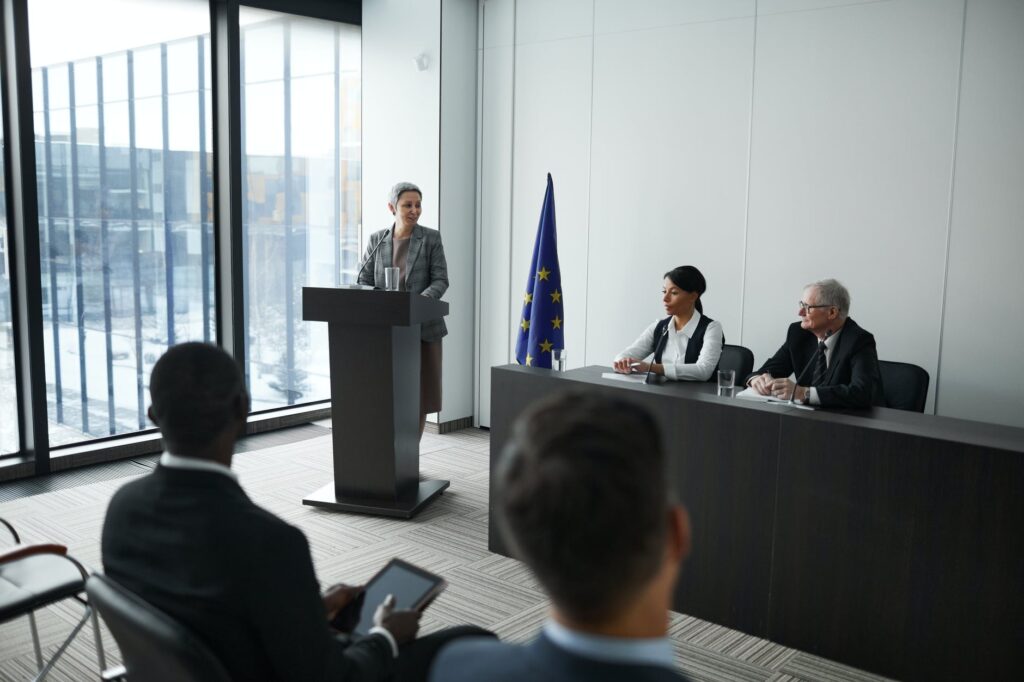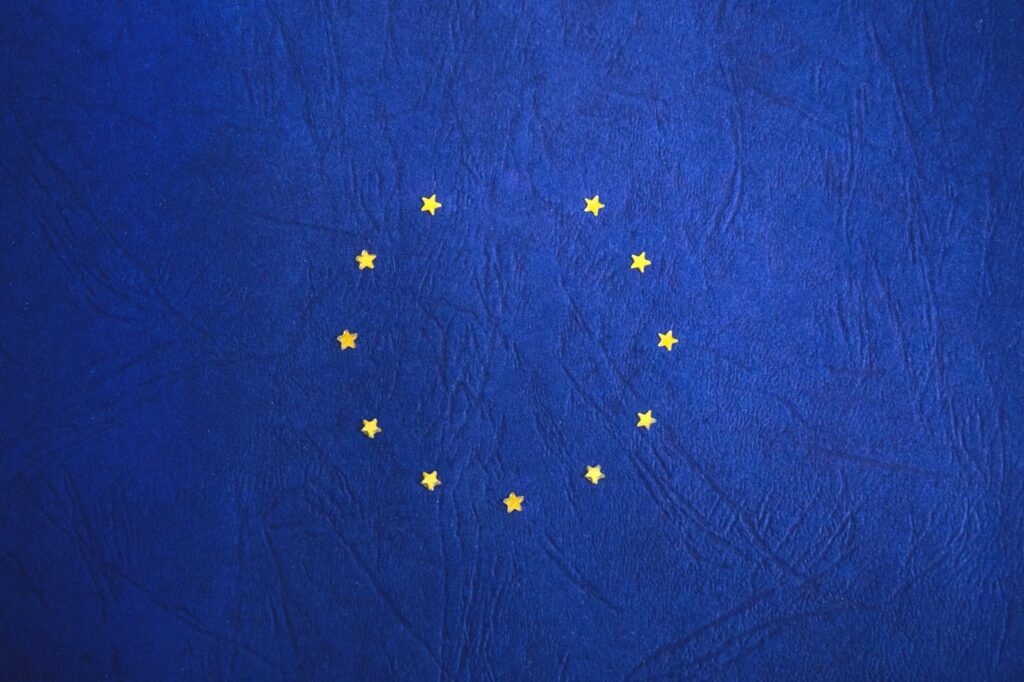Formally on January 31, 2020, the United Kingdom ceased to be a member of the European Union. There was a transition period until December 31, 2020. The most important goal was to establish the details of new agreements regulating the relations between the EU and the UK. The new agreements regulate many areas of trade and future cooperation, including the internal market and customs, social security system. Read the article to the end to find out what the agreement regulating the relations between the EU and the UK contains.
Changes to the agreements
On January 1, 2021, the free movement of people between the EU and the UK and the freedom to provide services ended. The UK is now treated as a third country by EU countries. The new EU-UK trade and cooperation agreements include details on the provision of services between EU member states and the UK. The new regulations include, among other things, definitions and residency rules for different categories of individuals. These include employees of a company that has entered into a contract to provide services, freelancers moving for business purposes. And also intra-corporate transferees, managers, trainees and specialists.
Agreement regulating the relations between the EU and the UK – Changes concerning excise duty and VAT
In the area of VAT, most of the changes relate to the movement of goods. In principle, VAT will be accounted for in the EU country where the goods are imported from the UK. Goods exported to the UK will be subject to zero rate VAT in the EU. When imported into the UK, they will then be subject to the VAT requirements there.

Agreement governing relations between the EU and the UK – Changes in Customs Duty
In the new trade agreements introduced, customs duty on goods moving between the EU and the UK will be at the rate of 0%. However, in order to benefit from this it will be necessary to complete the formalities associated with carriage. These include documenting the customs origin of the goods and settling VAT (in relation to certain goods, excise duty) in accordance with the rules applicable to imports or exports.







